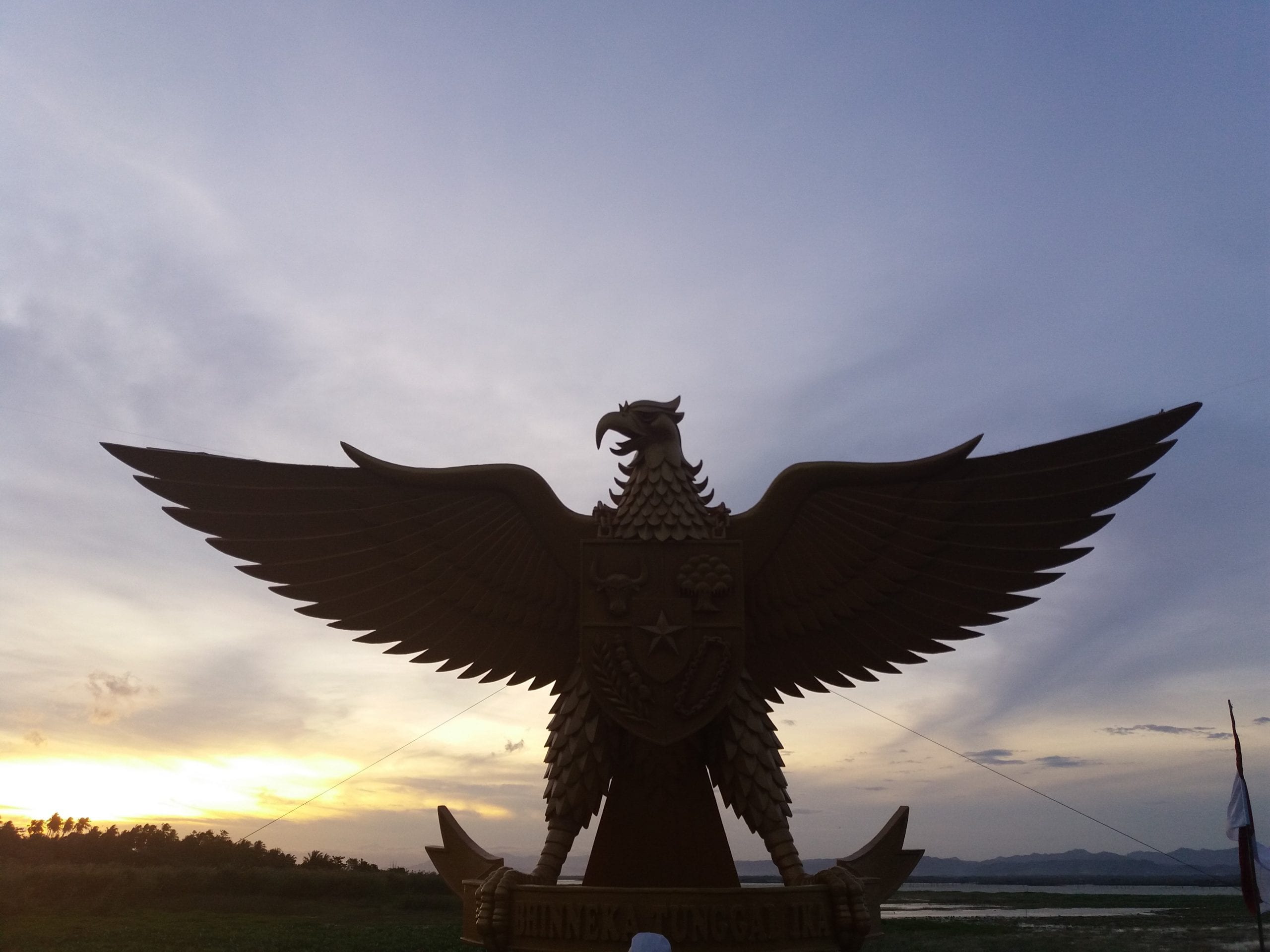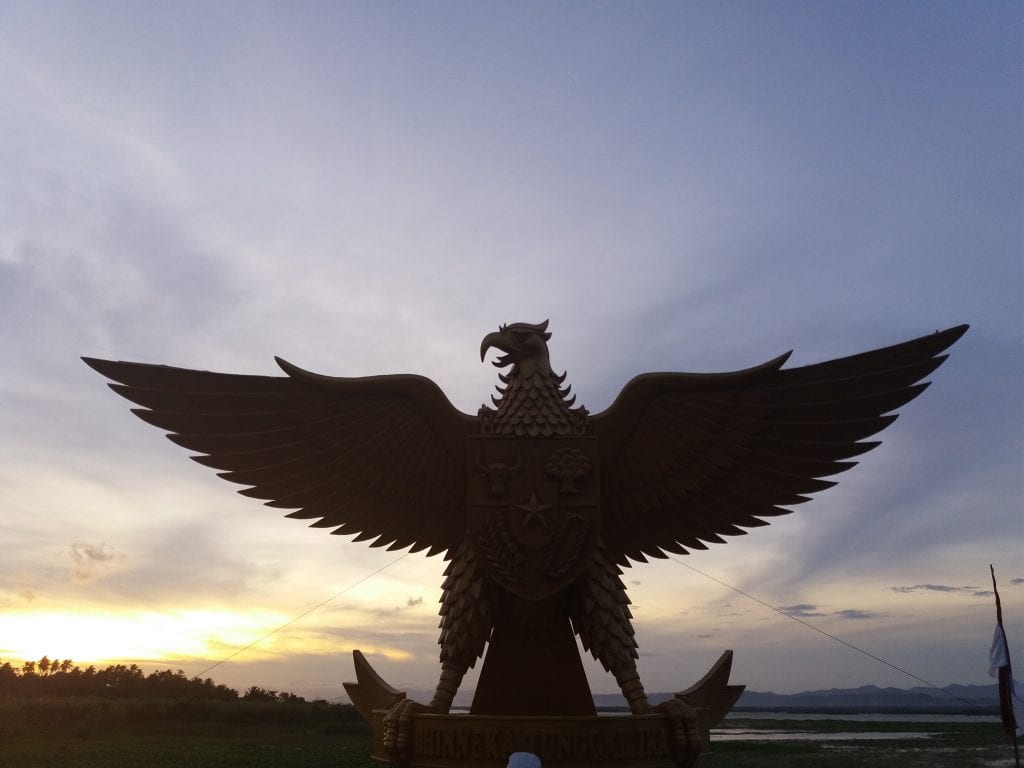
Indonesia is facing ideological crisis. This is shown by the wide range of issues happening these days, from crime to the rise of radical and liberal movements. Ideologies strongly affect the way people behave and perceive life. To see the extent to which Pancasila has been applied among the community, our team has developed Pancasila Ideology Index (PII) using Pancasila as the basis of the instrument (https://jurnal.ugm.ac.id/jkn/article/view/31823). PII contains 60 to 70 questions which measures a person’s ideological resilience. We have collaborated with experts and youths from state institutions (Ministry of Home Affairs, National Resilience Institute, Ministry of National Development Planning, etc.) in designing the instrument and administered it in the program “Sinau Bareng Pancasila” (English: “Learning Pancasila Together”) since 2017 in 88 locations, including Jakarta, Medan, Ambon, Pontianak, and Yogyakarta. This program was a discussion and learning space aimed to educate and encourage the community to internalize the values of Pancasila in their everyday life.
The results of our research revealed that people generally understand the principles of Pancasila, but their implementation has not entirely touched the practical level. Provinces with high levels of PII were Nusa Tenggara Timur and Yogyakarta; moderate levels were Maluku, Bali, South Sulawesi, West Kalimantan, and North Sumatera; and low levels were West Papua and Jakarta. Results obtained from this instrument could provide useful references for stakeholders to initiate efforts in strengthening Pancasila within the community.

